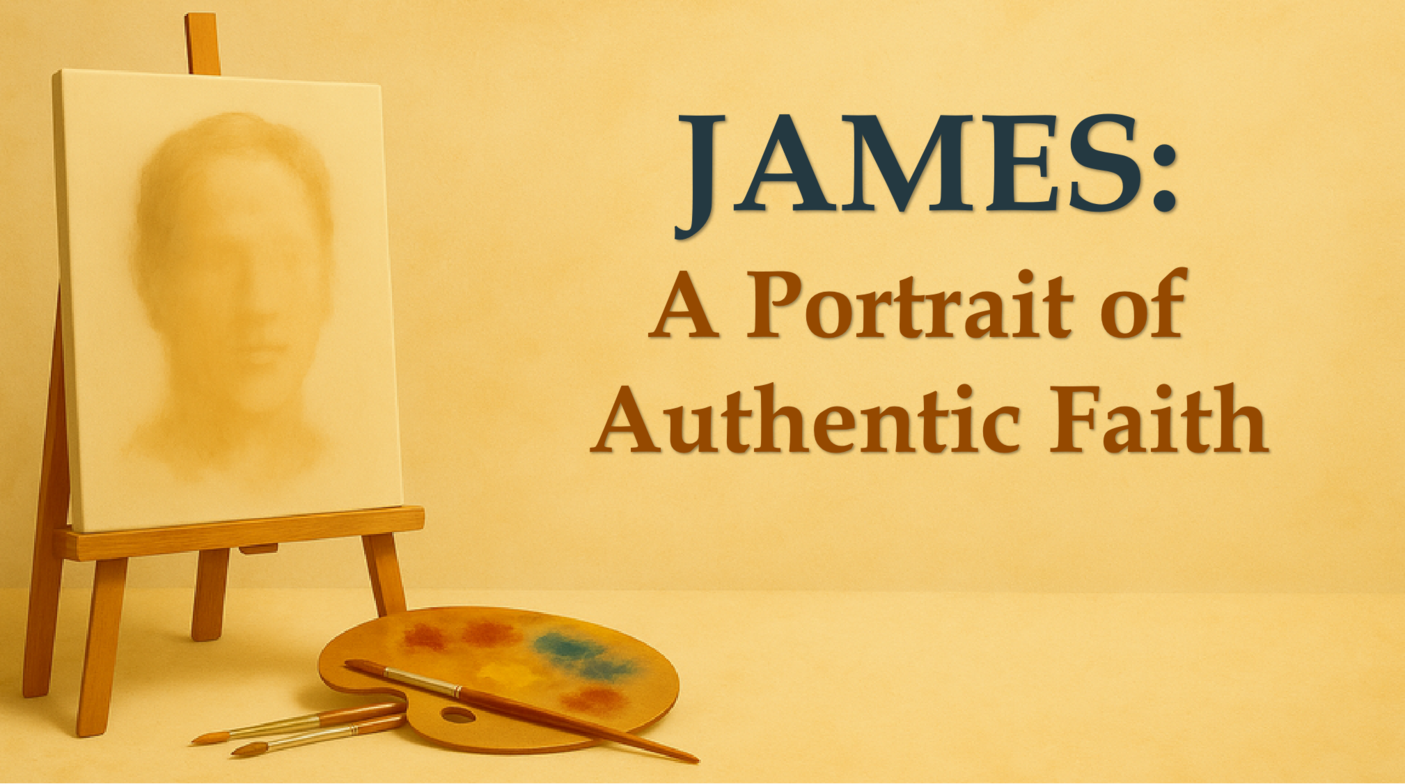When Gratitude Shapes How We See People: A Thanksgiving Reflection


Thanksgiving is supposed to be a season of gratitude, but for many people, it arrives with pressure.
- Pressure to host well.
- Pressure to keep peace around the table.
- Pressure to present a picture-perfect holiday in a world full of messy realities.
Underneath it all, many of us carry another quiet burden: the feeling of comparison.
- Comparing our lives to others.
- Comparing what we have to what we lack.
- Comparing the people at our table to the expectations we once had.
It’s difficult to be thankful when we view life through the lens of comparison, insecurity, or disappointment.
And this is where the book of James speaks straight into our Thanksgiving season.
James 2:8–13 reminds us that authentic faith doesn’t just avoid favoritism, it learns to love people with the same mercy God has shown us. And real gratitude is the engine that makes that kind of love possible. Here are three Thanksgiving truths drawn from this passage, truths that can reshape the way we see others and the way we approach the holiday ahead.
1. Gratitude Helps Us See People the Way God Sees Them
James calls the command “Love your neighbor as yourself” the royal law, God’s family rule.
In God’s kingdom, value isn’t measured by appearance, status, or success.
Every person is an image-bearer.
Every person is someone Jesus loved enough to die for.
But gratitude does something important here: A grateful heart isn’t nearly as tempted to play favorites.
When I remember how generously God has treated me, I’m slower to judge someone’s clothes, behavior, background, or faults. Gratitude shifts my focus from “What do I think of them?” to “Look at what God has done for me.”
Thankfulness widens our welcome.
Thankfulness softens our edges.
Thankfulness helps us open the door instead of closing it.
2. Gratitude Begins With Humility and Recognizing Our Own Need for Grace
James says that breaking one part of God’s law breaks the whole thing. In other words, none of us stands before God with clean hands.
This is humbling, albeit necessary.
- We can’t be truly grateful until we see our own need.
- We can’t be content until we see how much God has already given.
- We can’t extend grace without remembering the grace we ourselves depend on.
Many Thanksgiving tables will gather people with past hurts, strained relationships, or unresolved tensions. Humility keeps us from walking into those moments with pride or defensiveness.
A humble, grateful heart can say:
-
“I’ve needed forgiveness too.”
-
“I’ve stumbled more times than I can count.”
-
“God has been patient with me; I can be patient with others.”
Gratitude without humility becomes a holiday.
Gratitude with humility becomes worship.
3. Gratitude Blossoms Into Mercy That Changes Relationships
James ends with one of the most beautiful truths in the New Testament: “Mercy triumphs over judgment.”
At Thanksgiving, many families feel the weight of judgment, whether it is spoken or unspoken.
- Judgment over life choices.
- Judgment over success or lack of it.
- Judgment over how someone raises their kids, spends their money, or handles their past.
But real, Christ-shaped mercy has the power to break through all of that.
Mercy remembers:
- “I am a recipient of God’s kindness.”
- “I didn’t earn His grace, yet He poured it out on me.”
- “I am called to give what I have been given.”
Mercy lightens the room.
Mercy steadies the heart.
Mercy creates contentment because when we know how deeply God has loved us, we stop trying to earn approval or live up to others’ expectations.
When gratitude flows, mercy grows.
And when mercy grows, relationships begin to heal.
A Thanksgiving Prayer for Our Homes
Lord,
Help me see the people in my life the way You see them.
Give me a humble heart that remembers my own need for grace.
Fill me with gratitude so deep that it overflows in mercy to others.
Let my table reflect Your kindness,
and let my heart reflect Your love.
Amen.
This Thanksgiving, Let Authentic Faith Shape the Way You Love
You may not be able to control the conversations around your table.
You can’t control what others say, remember, or bring with them.
But you can choose the posture of your own heart.
And James gives us a beautiful path forward:
-
Gratitude that honors the royal law of love.
-
Humility that takes sin seriously.
-
Mercy that triumphs over judgment.
This is the kind of Thanksgiving that honors Christ.
This is the kind of love that changes families.
This is the kind of mercy that leaves a lasting mark.
May this Thanksgiving find your heart full—and your love for others richer than ever.
